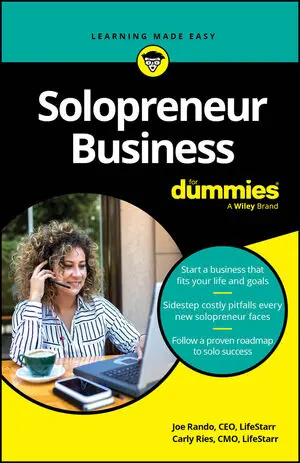Managing the finances of your small business can be a challenge. To survive and thrive, you must earn profit consistently, generate cash flow from profit, and control your financial condition. You need a separate financial statement to highlight each aspect:
The P&L Statement (also called the Income, or Earnings Statement) summarizes revenue and expenses and reports your resulting profit or loss — that’s what the P and L stand for.
The Statement of Cash Flows begins by reporting the net increase or decrease in cash from your revenue and expenses during the period (which is a different amount than your profit or loss for the period); this statement also summarizes other sources of cash you tapped during the period, and what you did with your available cash.
The Balance Sheet (also called the Statement of Financial Condition) summarizes your assets and liabilities at the close of business on the last day of the profit period and reports the sources of your owners’ equity (assets less liabilities).
Make sure that you know how to read and interpret your financial statements. Not understanding your own business’s financial statements puts you at a serious disadvantage in making good business decisions and in dealing with your lenders and owners.
Of course, the information in your financial statements is no better than your accounting system. Hire a competent accountant to design and run your accounting system. Your accountant can be a valuable helpmate in managing your financial affairs.
Don’t confuse your balance sheet with the market value of your business. True, your balance sheet reports your assets and liabilities, and the difference equals the book value of your owners’ equity. Keep in mind, however, that historical costs are the values for many assets, and the balance sheet does not report your profit performance over recent years. Yet, the market value of a business depends heavily on current replacement values of your assets and your recent profit performance.






